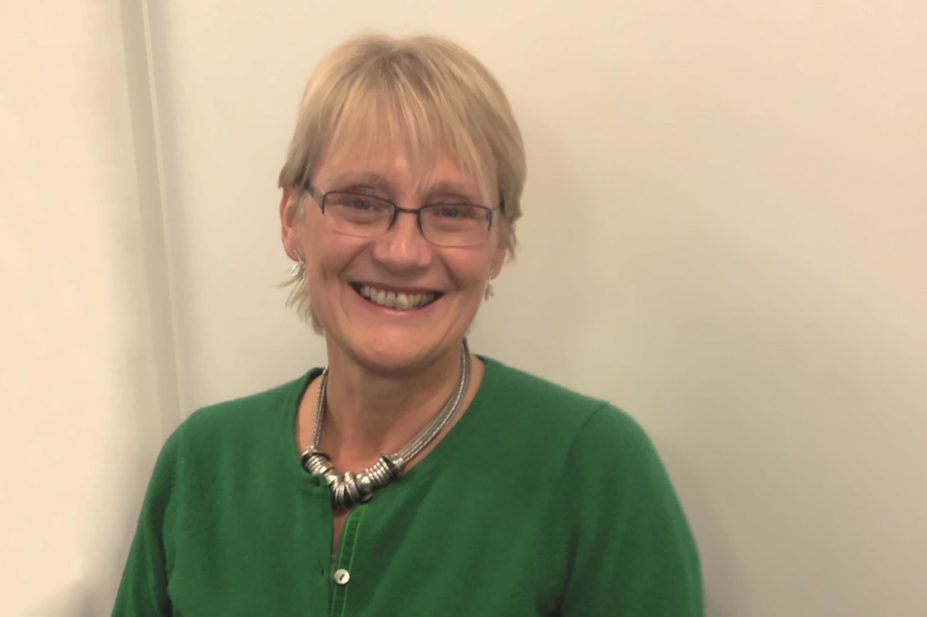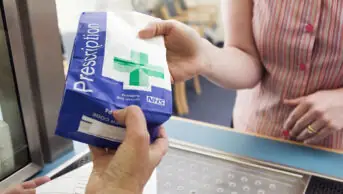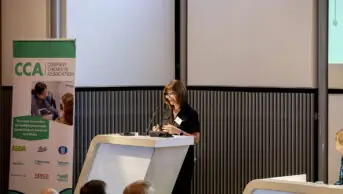
Pharmacist Sue Oliver counts her qualification as an independent prescriber as her greatest career achievement as it changed how she can interact with patients. “Often you know what a patient needs, but if it’s a prescription-only medicine you can’t prescribe it yourself. If you can just go that extra step and write a prescription, you can save them having to see the GP,” she says.
It is this ability to write a prescription, and save a patient from having to see a GP, that is enabling Oliver to work in a scheme that involves GPs referring patients to community pharmacists for minor ailment treatment. The Extended Primary Integrated Care (EPiC) initiative, launched in Brighton and Hove in September 2014, is funded with £1.8m from the Prime Minister’s Challenge Fund and is now up and running across 18 GP practices and 16 community pharmacies.
“Pharmacists have worked with the medical team for a very long time in hospitals — it’s only recently been the thing to do in primary care,” Oliver says. “We should be proud to take our place alongside GPs and other practitioners.”
Hospital, industry and community
Oliver’s career began at the University of Nottingham, where she studied as an undergraduate, followed by pre-registration training at Nottingham City Hospital, which she completed in 1978.
After several years as a hospital pharmacist, Oliver moved into the pharmaceutical industry. “I wanted to do something different,” she says, “something varied, challenging and with scope for progression.”
Beginning with roles at Ciba-Geigy (which became Novartis), where she worked in regulatory affairs and drug safety, Oliver later moved to Baxter Healthcare and took on a variety of roles in marketing, pharmacovigilance and medical information services, among others.
In 2004, she moved into community pharmacy and began working as an area pharmacy manager for Lloydspharmacy. Later, she joined a general practice-based pharmacy in West Sussex, where she became the superintendent pharmacist and business manager. Here, Oliver and the other pharmacists worked closely with GPs in the surgery, looking after the practice formulary, dealing with medicines-related queries and attending the weekly practice team clinical meeting.
Independent prescribing
It was while working in a general practice that she decided to take the independent prescribing course at the University of Brighton. “In the surgery, we worked closely with GPs as we had input into the formulary and prescribing, so it was the natural next step,” Oliver explains. “My predecessor had done the course, so I was keen to do it too.”
With her qualification, Oliver began to run clinics within the pharmacy for patients with common illnesses. In these clinics, she typically saw patients with skin rashes, ear and eye problems and upper respiratory tract infections.
Patients are pleased when pharmacists can offer this service, says Oliver. “They often feel they don’t want to bother the doctor with something that’s trivial but causing them a problem. They find it easy to go into the pharmacy; there’s better access.”
The EPiC initiative
Her experiences running a clinic eventually led Oliver to the EPiC initiative, for which she is pharmacist consultant, while she continues to undertake locum work in community pharmacy. The project is a logical next step for many pharmacists and GPs, says Oliver, and believes it should be rolled out nationally if it becomes financially self-sustaining.
For pharmacists looking to follow in her footsteps and become an independent prescriber, Oliver emphasises the first step is to seek out a local mentor — usually a GP. She adds that the independent prescribing qualification is still a minority pursuit for pharmacists, so one does have to seek out opportunities proactively.
Nevertheless, Oliver recommends pharmacists become independent prescribers to future-proof their careers. “Pharmacy is changing: the traditional role is changing. GPs recognise the support pharmacies can provide now: EPiC is a GP-initiated project,” she says. “Going forward, there will be more and more need for pharmacists to prescribe.”


